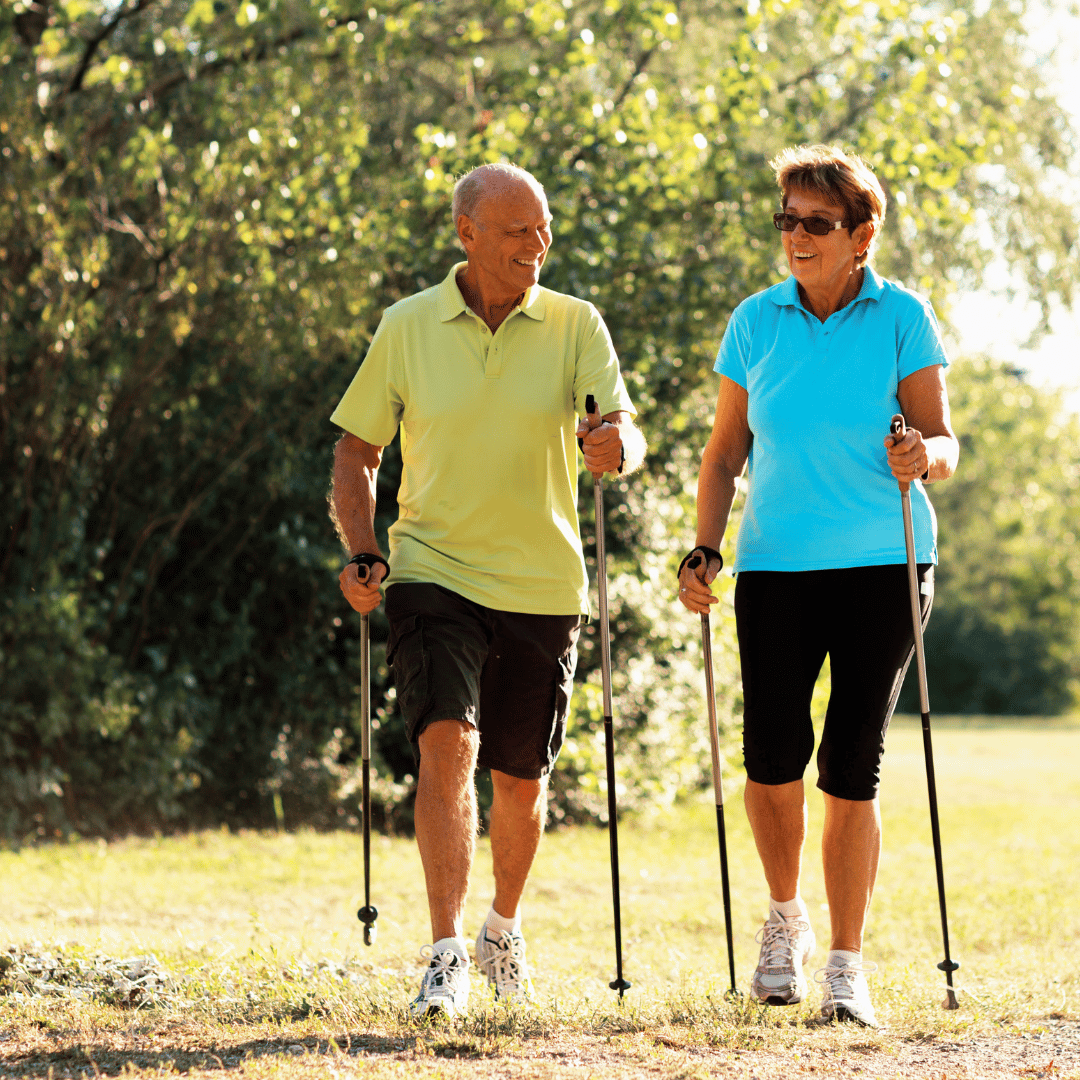
As we age, our nutritional needs evolve. For retirees, eating well is not just about maintaining a healthy weight—it’s about fueling the body with the right nutrients to support energy, cognitive function, immune health, and overall longevity. By focusing on balanced, nutrient-dense meals and mindful eating habits, retirees can enjoy a longer, healthier, and more vibrant life.
Focus on Whole, Nutrient-Dense Foods
Whole foods are minimally processed and packed with essential nutrients. Prioritize these key food groups:
- Fruits and Vegetables – Aim for a colorful variety every day. Rich in antioxidants, fiber, vitamins, and minerals, they help protect against chronic diseases and support digestion.
- Whole Grains – Brown rice, quinoa, oats, and whole wheat bread provide long-lasting energy and fiber that supports heart and digestive health.
- Lean Proteins – Include fish, poultry, beans, eggs, and low-fat dairy. Protein helps maintain muscle mass, especially important as we age.
- Healthy Fats – Incorporate sources of unsaturated fats such as avocados, nuts, seeds, and olive oil. These support brain and heart health.
Stay Hydrated
Hydration is often overlooked, but it plays a vital role in overall health. Seniors may not feel as thirsty as younger individuals, so it’s important to drink water regularly, even if you don’t feel thirsty. Herbal teas, broth-based soups, and water-rich fruits like watermelon and cucumber can also help keep you hydrated.
Prioritize Bone Health
Bone density decreases with age, so it’s essential to get enough calcium and vitamin D. Good sources include:
- Dairy products like milk, yogurt, and cheese
- Leafy green vegetables
- Fortified plant-based milk and cereals
- Fatty fish such as salmon and sardines
Sunlight exposure and supplements can help maintain adequate vitamin D levels, especially in less sunny climates.
Limit Added Sugars and Sodium
Reducing sugar and salt intake can significantly lower the risk of conditions like high blood pressure, diabetes, and heart disease. Choose fresh or minimally processed foods, read nutrition labels, and season with herbs and spices instead of salt. Swap sugary drinks and snacks for healthier options like fruit-infused water or nuts.
Eat Smaller, More Frequent Meals
Metabolism tends to slow down with age, and appetite can change. Eating smaller meals throughout the day can help regulate blood sugar levels and provide a steady source of energy. It can also be easier on digestion and prevent feelings of fatigue after large meals.
Practice Mindful Eating
Slowing down and paying attention to your meals can improve digestion and satisfaction. Avoid distractions like screens while eating, chew food thoroughly, and listen to your body’s hunger and fullness cues.
Consider Supplements Wisely
While food should be the primary source of nutrients, some retirees may benefit from supplements, particularly for vitamin B12, vitamin D, and calcium. Always consult a healthcare provider before starting any new supplement regimen.
Conclusion
Eating for longevity means making smart, sustainable choices that support your body’s changing needs. By focusing on whole foods, staying hydrated, and practicing mindful eating, retirees can enjoy improved health, energy, and a higher quality of life for years to come.




